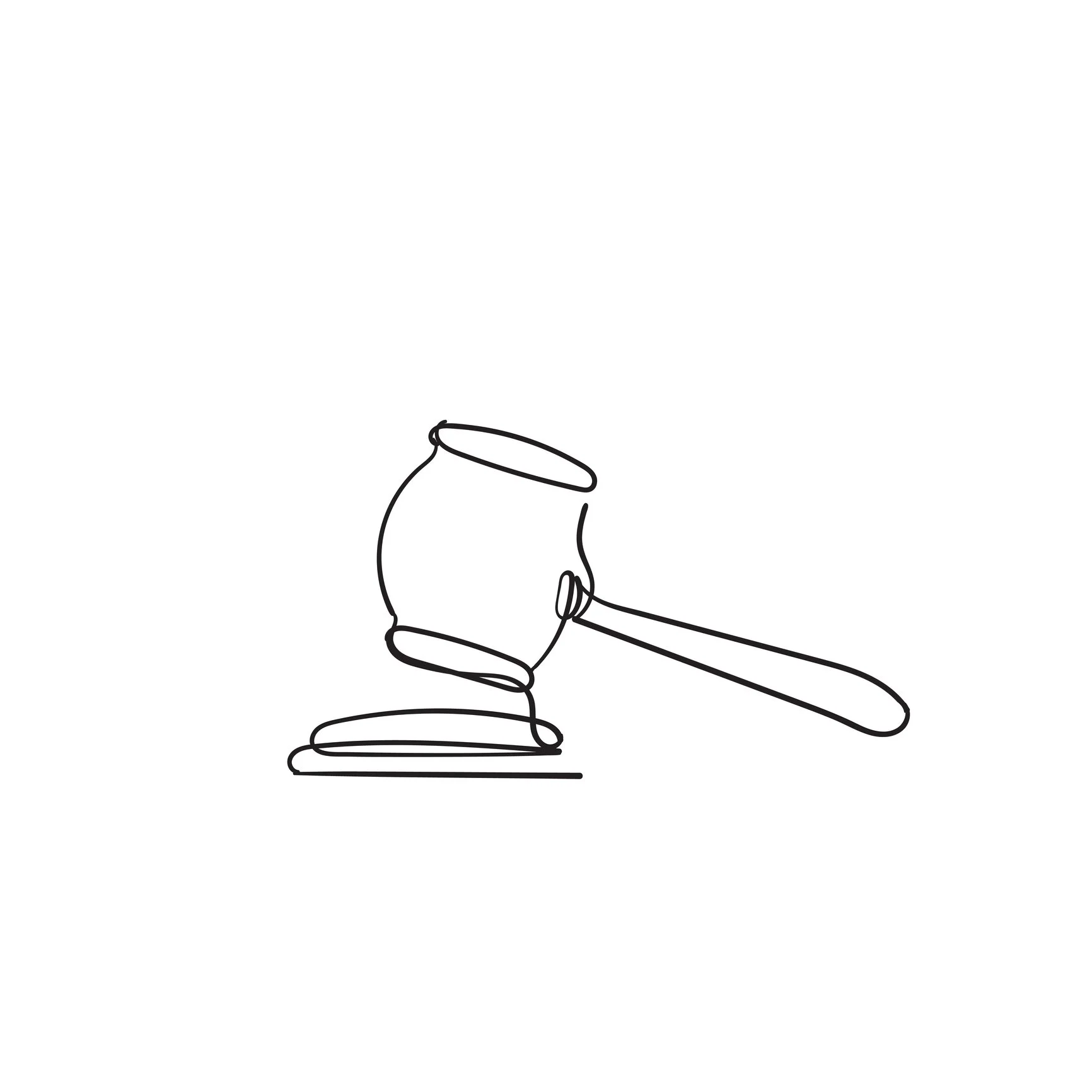Mandatory Reporting
One of the barriers to seeking care is concerns about mandatory notification to the Dental Board of Australia and the perception that a mental health diagnosis will automatically lead to conditions being imposed on your registration.
It’s important to understand what mandatory notification is and isn’t. There are 4 broad categories of mandatory notification: –
impairment
practising whilst intoxicated
significant departure from accepted professional standards
sexual misconduct
The relevant category as far as mental health is concerned is impairment.
The guidelines for a treating practitioner – so your GP, psychologist or psychiatrist – say that they must make a mandatory notification if you have an impairment AND you are placing the public at SUBSTANTIAL risk of harm.
It’s important to note that qualifier – AND placing the public at risk of substantial harm. This means an impairment by itself (for example a mental health diagnosis such as depression or burnout) is not a trigger for mandatory notification.
-
To decide if a practitioner-patient’s impairment puts the public at substantial risk of harm, the treating practitioners must consider:
the nature, extent and severity of the impairment
what steps a practitioner-patient is taking, or willing to take, to manage the impairment
how well the impairment can be managed with treatment, and
any other matter relevant to the risk the impairment poses.
The example from the Ahpra website is very clear:
A practitioner-patient has a mental health condition, which is stable. Because the practitioner-patient is engaged in and complying with treatment, there is no substantial risk of harm to the public. This would not trigger a mandatory notification.
So common conditions like depression, anxiety disorder and burnout would not be a trigger for mandatory notification. Being under care of a treating health practitioner is actually viewed positively
A substantial risk of harm is a very high threshold for reporting risk of harm to the public. This allows practitioner-patients to seek and have treatment for conditions without fearing a mandatory notification.
So it’s really important to emphasis that if you are experiencing mental health challenges, the best and most important thing that you can do is to seek treatment from a health practitioner – to put your health and wellbeing first.

